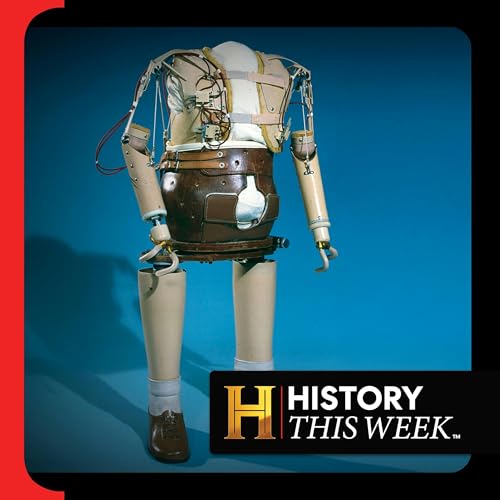November 16, 1776. George Washington rows toward Manhattan to inspect the fort that bears his name, only to meet a full-scale British assault already underway. By afternoon, Fort Washington has fallen, and General Washington is forced to abandon New York City. The Continental Army is sick, outnumbered, and demoralized. For a moment, the Revolution seems lost. Facing his worst defeat of the war, Washington himself is questioning their odds. In their new PBS documentary, The American Revolution, Ken Burns and Sarah Botstein set out to tell this version of the Founding Fathers, showing fear, chaos, and uncertainty. They also highlight oft-overlooked characters: the women and children following the army in supporting roles, the Native nations whose decisions shaped the continent, or the enslaved people listening closely to talk of liberty. This week, we talk with Ken Burns and Sarah Botstein about the revelations behind their decade-long project. How did they revisit a story that’s been told so many times, it almost feels like a myth? And how does that myth fit into the world today? The American Revolution is a six-part, 12-hour documentary now premiering on PBS. The series is directed by Ken Burns, Sarah Botstein, and David P. Schmidt. It's also narrated by a guest from one of our recent episodes, Peter Coyote. -- Get in touch: historythisweekpodcast@history.com Follow on Instagram: @historythisweek Follow on Facebook: HISTORY This Week Podcast To stay updated: http://historythisweekpodcast.com To learn more about listener data and our privacy practices visit: https://www.audacyinc.com/privacy-policy Learn more about your ad choices. Visit https://podcastchoices.com/adchoices
続きを読む
一部表示
 26 分
26 分 35 分
35 分 2025/11/2437 分
2025/11/2437 分 2025/11/1739 分
2025/11/1739 分 28 分
28 分 36 分
36 分 2025/10/2734 分
2025/10/2734 分 31 分
31 分
